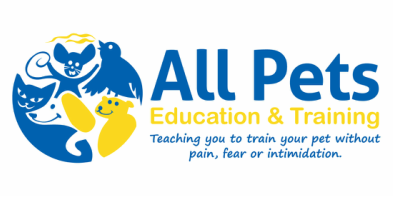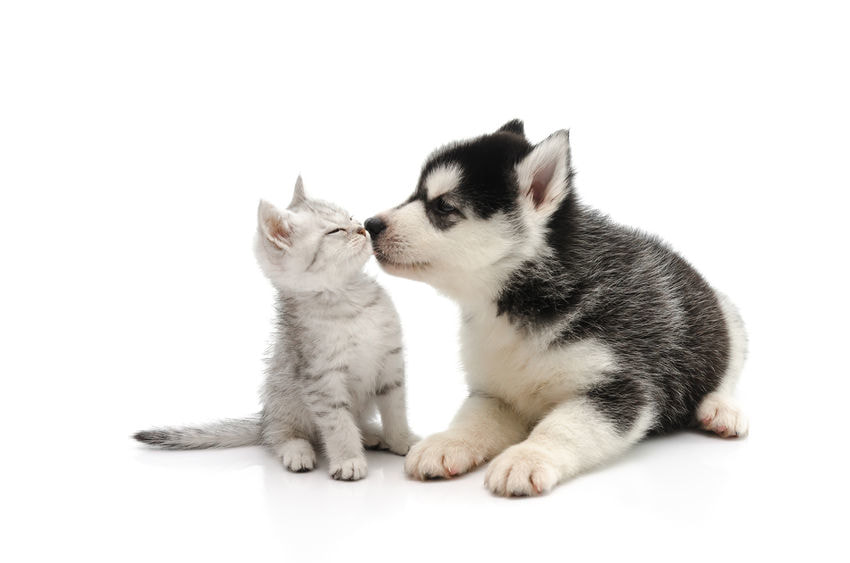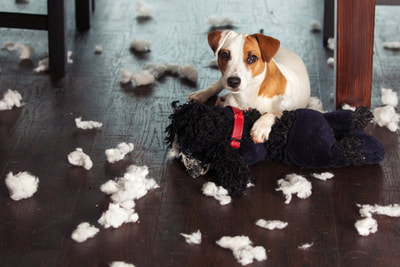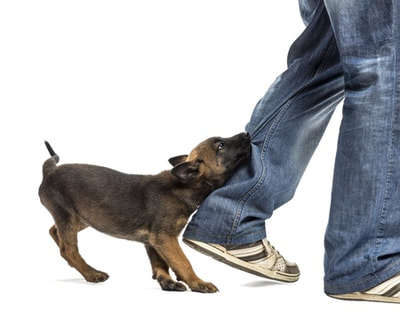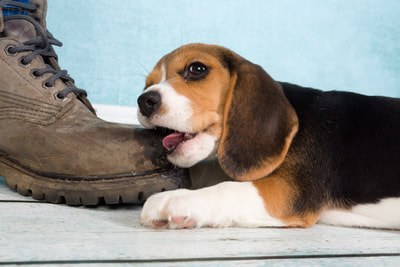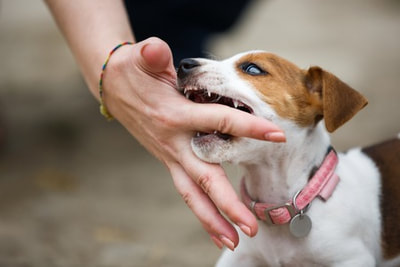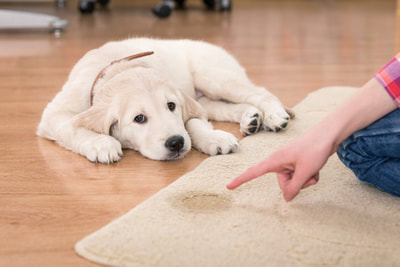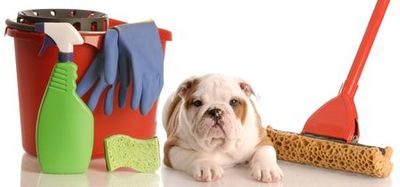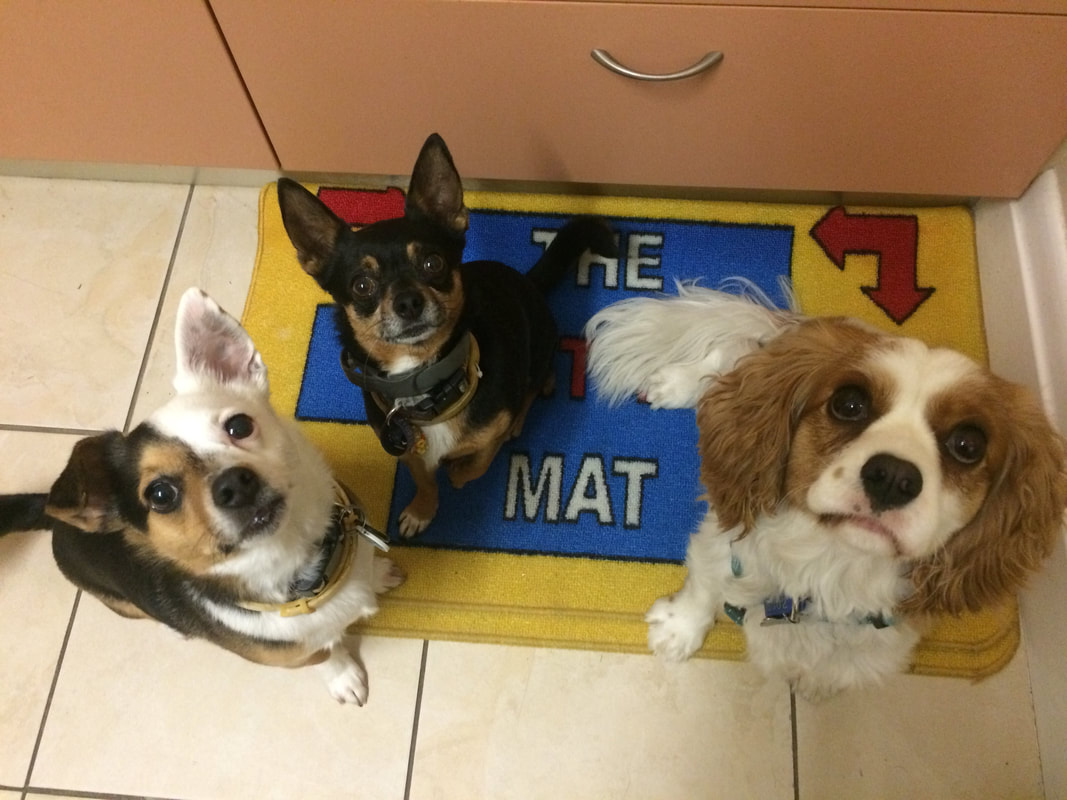Buyers Remorse - When things don't go to plan
Do you feel overwhelmed with your new puppy/kitten or even new dog? Are things not quite going to plan? Is this not what you imagined it would be?
Please don’t feel alone or alarmed that you may be seriously regretting or rethinking your decision on new pet ownership. This is incredibly common.
When taking on any new pet, be it a puppy, kitten or an adult animal everyone has a thought process on what they imagine pet ownership to be like. Maybe you are basing this on your previous pet, or what is implied by movies and books.
Taking on any new pet does come with a level of stress.
Please don’t feel alone or alarmed that you may be seriously regretting or rethinking your decision on new pet ownership. This is incredibly common.
When taking on any new pet, be it a puppy, kitten or an adult animal everyone has a thought process on what they imagine pet ownership to be like. Maybe you are basing this on your previous pet, or what is implied by movies and books.
Taking on any new pet does come with a level of stress.
We all imagine puppies to be cute, sleeping, gentle playful beings, yet we get one and find it is not as we planned.
Instead, we find ourselves living with a perpetual toileting monster, it makes noise, and a lot of it, especially when you are trying to sleep. The monster, also has a number of incredibly sharp teeth, and he isn’t afraid to use them, as he bites your pants and chews your shoe, bites your finger, and chews the antique chair leg, nips your nose, and chews your couch, and then pees and poos and runs through it etc. Sound familiar?
Instead, we find ourselves living with a perpetual toileting monster, it makes noise, and a lot of it, especially when you are trying to sleep. The monster, also has a number of incredibly sharp teeth, and he isn’t afraid to use them, as he bites your pants and chews your shoe, bites your finger, and chews the antique chair leg, nips your nose, and chews your couch, and then pees and poos and runs through it etc. Sound familiar?
It is at this stage that you tend to start thinking about your decision and ask yourself the following questions.
Trust me, these are all questions that puppy preschool clients have posed to me on many occasions.
Ok, so my words of advice and questions to ask yourself
Owning a puppy is a 15 year commitment, are you prepared for this?
Do you have the financial capacity to afford your pet and tend to his or her needs?
If you answered yes to the first two questions, great, let’s move on and build that bond between you and your pet.
Taking on a puppy while working full time, running a household, having kids etc, isn’t easy. It will take management and effort on everyone’s behalf. Is everyone on the same page? If not, what can you do about this?
Are you prepared to put the effort in for training manners, toilet training and home alone training?
Are you able to cope with a few sleepless nights and a month or two of interrupted sleep? It doesn’t go on forever, but some pups do take longer than others.
Research your puppies breed and find out what is to be expected and what you can do to help your puppy settle in.
- When will this end?
- Will it get better?
- Is there something wrong with my puppy?
- Why can’t I do this?
- Is my puppy evil?
Trust me, these are all questions that puppy preschool clients have posed to me on many occasions.
Ok, so my words of advice and questions to ask yourself
Owning a puppy is a 15 year commitment, are you prepared for this?
Do you have the financial capacity to afford your pet and tend to his or her needs?
If you answered yes to the first two questions, great, let’s move on and build that bond between you and your pet.
Taking on a puppy while working full time, running a household, having kids etc, isn’t easy. It will take management and effort on everyone’s behalf. Is everyone on the same page? If not, what can you do about this?
Are you prepared to put the effort in for training manners, toilet training and home alone training?
Are you able to cope with a few sleepless nights and a month or two of interrupted sleep? It doesn’t go on forever, but some pups do take longer than others.
Research your puppies breed and find out what is to be expected and what you can do to help your puppy settle in.
For example:
Terriers are bred to dig. Expect holes. Give your dog a designated area to dig, and most importantly teach him to use it.
Cattle dogs and Border Collies – these breeds are bred to work. They will also herd and occasionally nip at heels. Teach your kids how to respond appropriately and set your puppy up to succeed. These guys will need a lot of mental and physical stimulation.
Beagles and other scent hounds – these are traditionally noisy, are also bred to work and like to follow a scent, and are great at finding food and raiding bins. Make sure you use lots of enrichment, set boundaries with appropriate training methods, and have very secure fences.
Terriers are bred to dig. Expect holes. Give your dog a designated area to dig, and most importantly teach him to use it.
Cattle dogs and Border Collies – these breeds are bred to work. They will also herd and occasionally nip at heels. Teach your kids how to respond appropriately and set your puppy up to succeed. These guys will need a lot of mental and physical stimulation.
Beagles and other scent hounds – these are traditionally noisy, are also bred to work and like to follow a scent, and are great at finding food and raiding bins. Make sure you use lots of enrichment, set boundaries with appropriate training methods, and have very secure fences.
Join a Facebook group that offers support and encouragement, and at the very least you will likely see other posts from various people that make you feel not quite so bad about your pups behaviour.
Setting yourself and your pet up at home
Decrease your expectations.
I’m not saying that what you imagined at the beginning of the pet ownership journey won’t be the ultimate goal, but for now reduce your expectations and make an effort to set yourself and your pet up for success.
Read the OMG!, You've got a puppy or Rescue dog articles.
Using pheromones that will reduce stress can be helpful. Adaptil collars for dogs, or Feliway diffuser for cats.
Crate or confinement training – this is incredibly useful, not only for toilet training, but also for sleeping and settling overnight. Crates are also great for management around children, other pets, family dinner time and when you aren’t able to actively supervise.
Safe areas - set up safe areas that the pet can be in when you aren’t home or not able to supervise sufficiently. These areas should include a toilet, sleeping area, and water source as well as enrichment strategies. These areas should not include access to your wardrobe, electrical cables, bookshelves, toilet paper and rubbish bins etc.
Set aside time each day for training. It doesn’t have to be a lot, 5 minutes a few times a day will help immensely. Teaching your pet what you expect and actively rewarding for it will encourage them to make these choices on their own in future.
Play with your pet, but have rules about play. Use play to teach your pet appropriate manners.
Use enrichment strategies including feeding techniques, physical exercise and sensory stimulation to help amuse and tire your pets mind. A pet that has enrichment and is taught how to use it, will spend more time using this, and less time chewing, digging, vocalizing etc. Check boredom busters here, or pay a visit to Chew Chomp and Chill for some ideas.
Make a huge effort to toilet train your pet. This includes supervision or confinement, and regular opportunities to toilet appropriately. Reward reward reward. If your pet is struggling and was previously well trained, or is not improving with the increased effort in toilet training please see your vet and rule out an underlying medical cause. Gastro-intestinal upsets and Urinary Tract Infections can cause a regression in your pet’s toileting behaviour.
Teach your pet that it can be alone. This is incredibly important. Using the guide from the Alone Time Is Good article you will be able to achieve this.
And perhaps most importantly engage a reward based force free trainer, and discuss any problems or concerns you are having.
Decrease your expectations.
I’m not saying that what you imagined at the beginning of the pet ownership journey won’t be the ultimate goal, but for now reduce your expectations and make an effort to set yourself and your pet up for success.
Read the OMG!, You've got a puppy or Rescue dog articles.
Using pheromones that will reduce stress can be helpful. Adaptil collars for dogs, or Feliway diffuser for cats.
Crate or confinement training – this is incredibly useful, not only for toilet training, but also for sleeping and settling overnight. Crates are also great for management around children, other pets, family dinner time and when you aren’t able to actively supervise.
Safe areas - set up safe areas that the pet can be in when you aren’t home or not able to supervise sufficiently. These areas should include a toilet, sleeping area, and water source as well as enrichment strategies. These areas should not include access to your wardrobe, electrical cables, bookshelves, toilet paper and rubbish bins etc.
Set aside time each day for training. It doesn’t have to be a lot, 5 minutes a few times a day will help immensely. Teaching your pet what you expect and actively rewarding for it will encourage them to make these choices on their own in future.
Play with your pet, but have rules about play. Use play to teach your pet appropriate manners.
- Sit and eye contact starts the game.
- Teeth on skin = game over.
- Kitty nails on skin = game over.
- Wait a minute and restart the game.
Use enrichment strategies including feeding techniques, physical exercise and sensory stimulation to help amuse and tire your pets mind. A pet that has enrichment and is taught how to use it, will spend more time using this, and less time chewing, digging, vocalizing etc. Check boredom busters here, or pay a visit to Chew Chomp and Chill for some ideas.
Make a huge effort to toilet train your pet. This includes supervision or confinement, and regular opportunities to toilet appropriately. Reward reward reward. If your pet is struggling and was previously well trained, or is not improving with the increased effort in toilet training please see your vet and rule out an underlying medical cause. Gastro-intestinal upsets and Urinary Tract Infections can cause a regression in your pet’s toileting behaviour.
Teach your pet that it can be alone. This is incredibly important. Using the guide from the Alone Time Is Good article you will be able to achieve this.
And perhaps most importantly engage a reward based force free trainer, and discuss any problems or concerns you are having.
Please do not feel alone, many people purchase a puppy or kitten, and the first few months are rough and don’t really go how they imagined. But with planning and persistence it can and does work out in the end.
Don’t judge your pet based on a previous pet, remember they are all individuals and we need to adapt to and love each other’s quirks.
Don’t judge your pet based on a previous pet, remember they are all individuals and we need to adapt to and love each other’s quirks.
